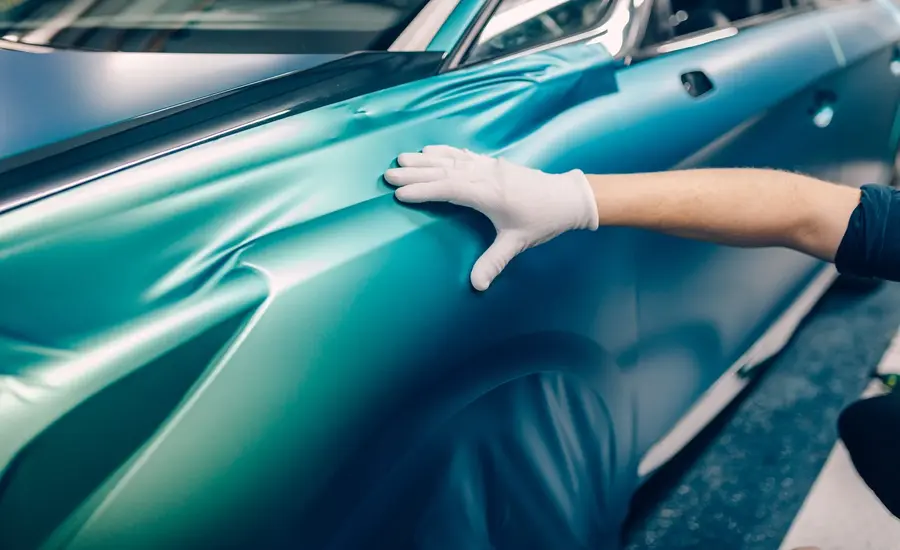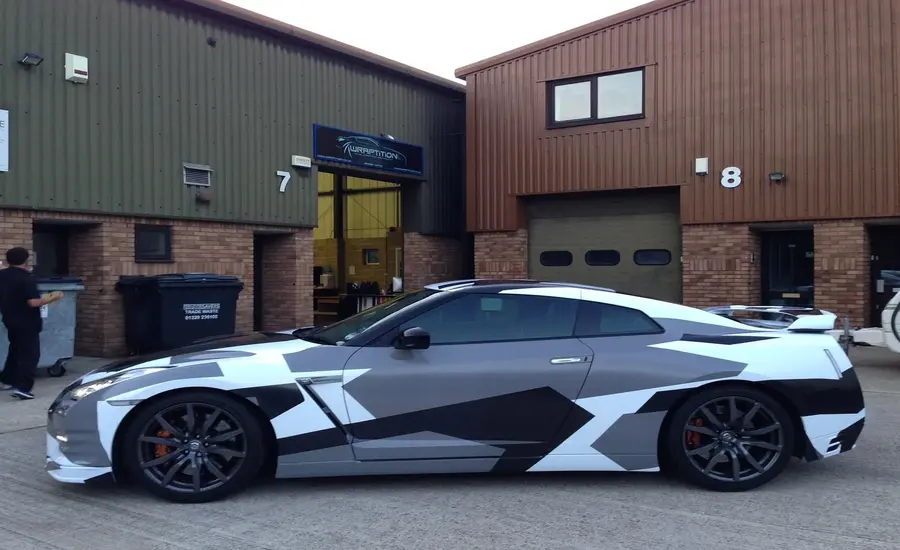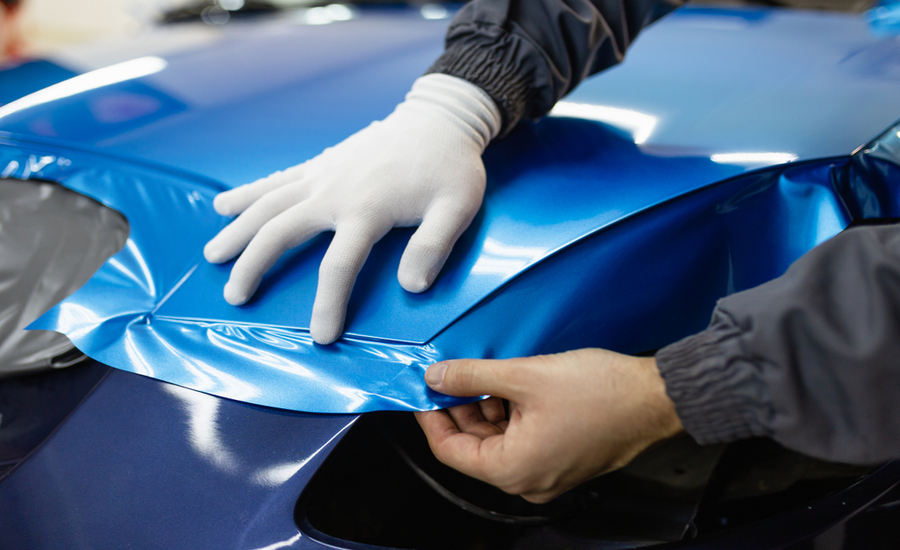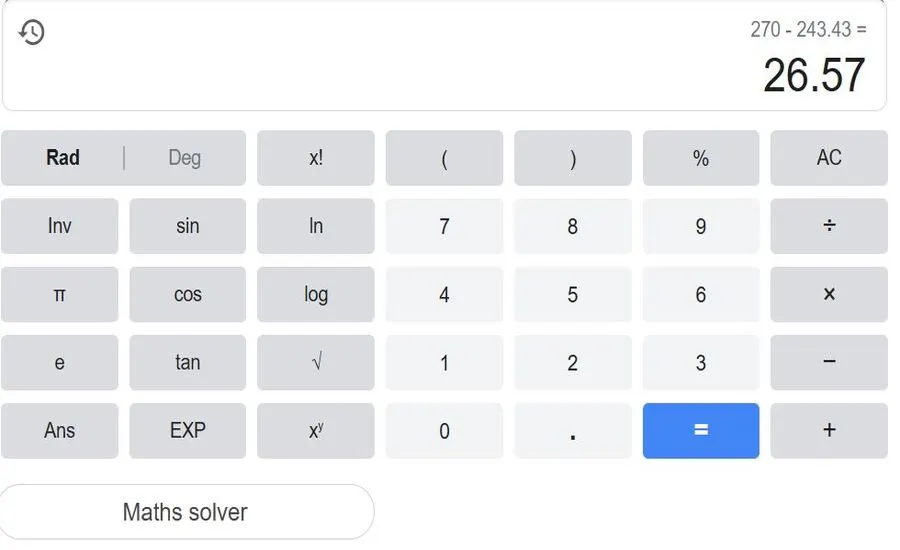Car wraps have become an increasingly popular alternative to traditional paint jobs. Whether for aesthetic appeal, marketing purposes, or preserving the original paint, car wraps provide a versatile and often more affordable solution. However, one of the most common questions asked by potential customers is, How much does it cost to wrap a car? The answer depends on a variety of factors, including the type of wrap, the size of the vehicle, and the quality of the materials used. In this detailed guide, we will explore all the key aspects of car wrapping costs to give you a full understanding of what to expect when wrapping your car.
What is a Car Wrap?
Before diving into the cost factors, it’s important to understand what a car wrap is. Essentially, a car wrap is a large vinyl decal or graphic applied over a vehicle’s paint. It can cover the entire vehicle or just certain parts, depending on the customer’s preference. Wraps come in many forms, including gloss, matte, satin, and carbon fiber, and they can be customized with various colors, designs, or even branding logos for businesses. Unlike a paint job, wraps are removable, which means you can revert the vehicle to its original look if desired.
The Purpose of Car Wraps
Car wraps are not just for show. Many businesses use them for advertising because of their eye-catching nature. A wrapped vehicle can act as a moving billboard, garnering thousands of views a day. Individuals also choose to wrap their cars to protect the original paint, especially if they plan to resell the car later. Some people simply want a fresh new look without committing to a permanent paint change. Whatever the reason, car wraps have transformed the customization industry, offering endless possibilities for personal expression or corporate branding.

Factors that Influence the Cost of Wrapping a Car
The cost of wrapping a car can vary greatly based on several important factors. Understanding these factors can help you estimate the price of wrapping your specific vehicle and set realistic expectations.
1. Size and Type of Vehicle
The most significant factor affecting the cost of a car wrap is the size and type of the vehicle. Larger vehicles, like SUVs, trucks, or vans, will naturally require more vinyl wrap material, leading to higher costs. For example, wrapping a compact car may be less expensive than wrapping a full-size truck simply due to the surface area that needs to be covered.
Additionally, the shape of the vehicle plays a role. Vehicles with more intricate curves, panels, and angles, such as sports cars or luxury vehicles, can take more time and skill to wrap, driving up labor costs.
Average Wrap Cost by Vehicle Size:
- Small cars (e.g., Mini Cooper, Honda Fit): $1,500 to $3,000
- Medium-sized cars (e.g., Toyota Camry, Ford Fusion): $2,000 to $4,000
- SUVs and larger vehicles (e.g., Ford Expedition, Chevrolet Tahoe): $3,000 to $5,000
- Luxury vehicles (e.g., Porsche, Ferrari): $5,000 and up
2. Type of Vinyl Used
Not all vinyl wraps are created equal. The quality of the material used will significantly impact the price. High-quality vinyl, which offers better durability, resistance to UV rays, and a smoother finish, tends to be more expensive. Cheaper vinyl might save you some money upfront but may not last as long, leading to additional costs down the line for repairs or replacement.
There are different finishes to consider as well, such as:
- Gloss Finish: Mimics the look of traditional paint and tends to be the most affordable option.
- Matte Finish: Offers a sleek, modern look, often at a slightly higher cost than gloss.
- Satin Finish: Falls between gloss and matte, providing a subtle shine.
- Textured Wraps: These can include carbon fiber, brushed metal, or chrome finishes, which typically cost the most due to their unique appearance and higher material costs.
3. Labor and Installation
The complexity of the installation process also impacts the cost. A professional installation can take anywhere from a few days to a week, depending on the vehicle’s size and the wrap’s intricacy. Highly skilled installers who specialize in car wraps may charge a premium for their services, but the result is often well worth the extra investment. Precision is key when wrapping a vehicle, as bubbles, wrinkles, or poorly aligned seams can ruin the entire aesthetic.
Labor Cost Breakdown:
- Basic wrap: $1,000 to $2,000
- Complex wrap with intricate details: $2,500 to $5,000 or more
4. Partial vs. Full Wraps
When considering how much it costs to wrap a car, it’s important to distinguish between a partial wrap and a full wrap. A full wrap covers the entire surface of the car, while a partial wrap covers only certain sections, such as the hood, roof, or doors. Naturally, a full wrap will cost more because it requires more materials and labor.
Partial Wrap Examples:
- Roof wrap only: $200 to $500
- Hood wrap only: $250 to $600
- Door panels wrap: $300 to $800
- Custom accents (e.g., racing stripes): $100 to $500
5. Custom Design and Graphics
One of the main attractions of car wraps is the ability to customize the design. Many people choose to have logos, graphics, or other unique features added to their wrap. However, custom designs come at an extra cost. If you’re working with a designer to create a one-of-a-kind look, you’ll need to budget for both the design work and the specialized printing needed for the wrap.
Custom Design Costs:
- Simple logo or text design: $200 to $500
- Complex, multi-color designs: $500 to $2,000 and up, depending on the design’s complexity and the printing process.
6. Geographic Location
Where you live can also influence the cost of wrapping your car. In metropolitan areas where car wrapping services are in higher demand, prices tend to be higher. Conversely, rural areas might offer lower costs but fewer options when it comes to experienced installers. The cost of living and competition within the market also play a role in determining prices.

Pros and Cons of Wrapping a Car
Now that we’ve covered the factors that affect the cost, it’s important to weigh the pros and cons of wrapping a car versus other methods of vehicle customization or protection.
Advantages of Car Wraps
- Cost-Effective Alternative to Paint: A full custom paint job can cost anywhere from $5,000 to $20,000, depending on the type of paint and level of detail. In comparison, wrapping is usually a more affordable option.
- Removable: Wraps can be removed without damaging the underlying paint, which is ideal for people who may want to sell the car later or change the vehicle’s look frequently.
- Protection: Car wraps help protect the original paint from minor scratches, dings, and UV damage.
- Customizable: The wide range of colors, textures, and designs available allows for virtually unlimited customization.
Disadvantages of Car Wraps
- Temporary Solution: While wraps can last anywhere from three to seven years, they are not permanent like paint. Over time, they can peel, fade, or get damaged.
- Costly Repairs: If a section of the wrap is damaged, it can be expensive to replace just that section, especially if the wrap has a custom design.
- Not Ideal for All Paint Types: If your car’s original paint is in poor condition, a wrap may not adhere properly, leading to bubbling or peeling.
Maintenance and Lifespan of a Car Wrap
Proper maintenance is essential to prolonging the lifespan of your car wrap. While high-quality wraps can last up to seven years, this largely depends on how well you care for them.
Tips for Maintaining a Car Wrap
- Hand Washing: It is recommended to hand wash your wrapped vehicle to avoid scratches and prolong the wrap’s appearance. Use mild soap and avoid abrasive sponges.
- Avoid Automated Car Washes: The high-pressure water jets and harsh brushes in some car washes can damage the wrap.
- Park in the Shade: Sun exposure can cause vinyl wraps to fade over time. Whenever possible, park in the shade or use a car cover to protect your vehicle.
- Inspect for Damage: Regularly check your wrap for any signs of peeling or lifting. If you notice any damage, it’s important to have it repaired promptly to prevent further deterioration.
How Long Does a Wrap Last?
On average, a professionally installed vinyl wrap will last between three and seven years. The exact lifespan will depend on factors such as the quality of the wrap, how well it was installed, the local climate, and how the vehicle is maintained. High-quality wraps designed for durability, such as those from brands like 3M or Avery Dennison, can offer longer-lasting results.
Additional Costs to Consider
When budgeting for a car wrap, there are some additional costs you should take into consideration that might not be included in the initial quote.
1. Removal Costs
If you decide to remove the wrap down the line, expect to pay for professional removal. DIY removal is possible, but it can be time-consuming and risks damaging the underlying paint if not done carefully.
Average Removal Costs:
- Partial wrap removal: $200 to $500
- Full wrap removal: $500 to $1,000
2. Paint Correction or Repairs
If your vehicle’s paint is not in good condition prior to wrapping, you may need to have paint correction or repairs done first. A wrap needs a smooth, clean surface to adhere properly, and imperfections in the paint can lead to poor results.
Paint Correction Costs:
- Minor scratches: $100 to $300
- Repainting small sections: $500 to $1,500
3. Warranty and Insurance
Most professional installers will offer a warranty on the wrap, covering you in case of defects or installation errors. However, this warranty might not cover damage from accidents or weather-related wear and tear. Check with your installer to see what is included in the warranty and whether they offer any extended warranty packages.
In addition, if your car is used for business purposes and the wrap includes branding, you may want to insure the wrap itself. Some auto insurance policies will cover customizations like wraps, but others may not.

Wrapping vs. Repainting: Which Is Right for You?
Choosing between wrapping your car and repainting it ultimately comes down to your goals, budget, and how long you plan to keep the car.
Wrapping:
- Best for short-term customizations or advertising.
- More affordable upfront compared to high-quality paint jobs.
- Easily reversible, ideal for leased vehicles or resale.
- Offers a wide range of textures, colors, and custom designs.
Repainting:
- Permanent and offers more durability over time.
- Can be customized to your exact specifications but often more expensive.
- Ideal for classic cars or long-term vehicle ownership.
- Requires more maintenance, especially for custom finishes.
Conclusion
So, how much does it cost to wrap a car? As we’ve explored in this comprehensive guide, the cost can range from $1,500 for a small car with basic vinyl to over $5,000 for larger vehicles or custom designs. While car wraps offer numerous advantages like protection, customization, and cost savings over traditional paint jobs, it’s essential to weigh the pros and cons before making a decision. Whether you’re using the wrap for aesthetic purposes or marketing your business, wrapping your vehicle is a versatile and effective way to make a bold statement on the road.
By understanding the factors that influence cost, from the size of your vehicle to the type of vinyl you choose, you’ll be better equipped to make an informed decision that suits both your needs and your budget.










